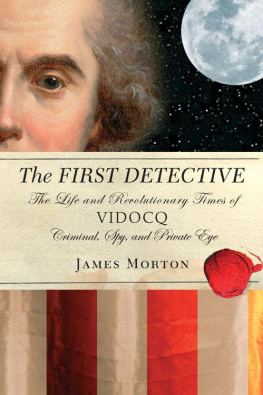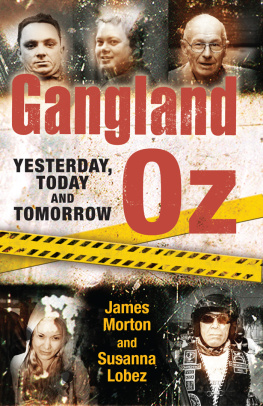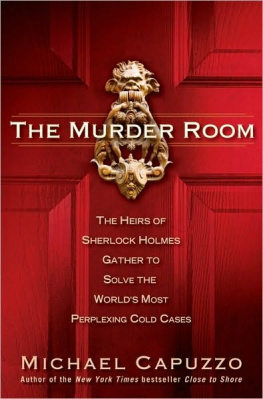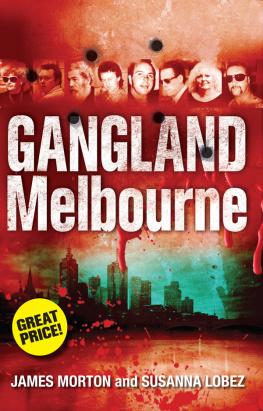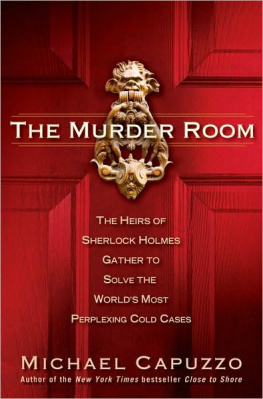James Morton - The First Detective: The Life and Revolutionary Times of Vidocq: Criminal, Spy and Private Eye
Here you can read online James Morton - The First Detective: The Life and Revolutionary Times of Vidocq: Criminal, Spy and Private Eye full text of the book (entire story) in english for free. Download pdf and epub, get meaning, cover and reviews about this ebook. year: 2011, publisher: The Overlook Press, genre: Non-fiction / History. Description of the work, (preface) as well as reviews are available. Best literature library LitArk.com created for fans of good reading and offers a wide selection of genres:
Romance novel
Science fiction
Adventure
Detective
Science
History
Home and family
Prose
Art
Politics
Computer
Non-fiction
Religion
Business
Children
Humor
Choose a favorite category and find really read worthwhile books. Enjoy immersion in the world of imagination, feel the emotions of the characters or learn something new for yourself, make an fascinating discovery.
- Book:The First Detective: The Life and Revolutionary Times of Vidocq: Criminal, Spy and Private Eye
- Author:
- Publisher:The Overlook Press
- Genre:
- Year:2011
- Rating:4 / 5
- Favourites:Add to favourites
- Your mark:
The First Detective: The Life and Revolutionary Times of Vidocq: Criminal, Spy and Private Eye: summary, description and annotation
We offer to read an annotation, description, summary or preface (depends on what the author of the book "The First Detective: The Life and Revolutionary Times of Vidocq: Criminal, Spy and Private Eye" wrote himself). If you haven't found the necessary information about the book — write in the comments, we will try to find it.
A notorious criminal and prison escaper, he turned police officer and employed a gang of ex-convicts as his detectives. His triumphs were many and he was the darling of the Parisian press actresses, politicians and thieves hung on his every word. He invented innovative criminal indexing techniques and experimented with fingerprinting. He passed in disguise through the highest and lowest of European society, until his cavalier attitude towards the thin blue line meant he was forced out of the police. So he began the worlds very first private detective agency. The cases he solved were high profile, from forgery in Pimlico to stolen jewels in the South of France, and he himself grew in notoriety. However, his infamy didnt prevent him from becoming a spy and moving secretly across the dangerous borders of Europe.
The novelists Balzac, Hugo and Dickens all created characters based on Vidocq and his life reads like a cross between a Wilbur Smith novel, Casanovas memoirs and the Scarlet Pimpernel. This is gloriously enjoyable historical romp through the eighteenth century in the company of a man who was many things to many men a jewel thief, a spy, a policeman and a private eye. A man whose influence still holds to this day.
James Morton: author's other books
Who wrote The First Detective: The Life and Revolutionary Times of Vidocq: Criminal, Spy and Private Eye? Find out the surname, the name of the author of the book and a list of all author's works by series.

